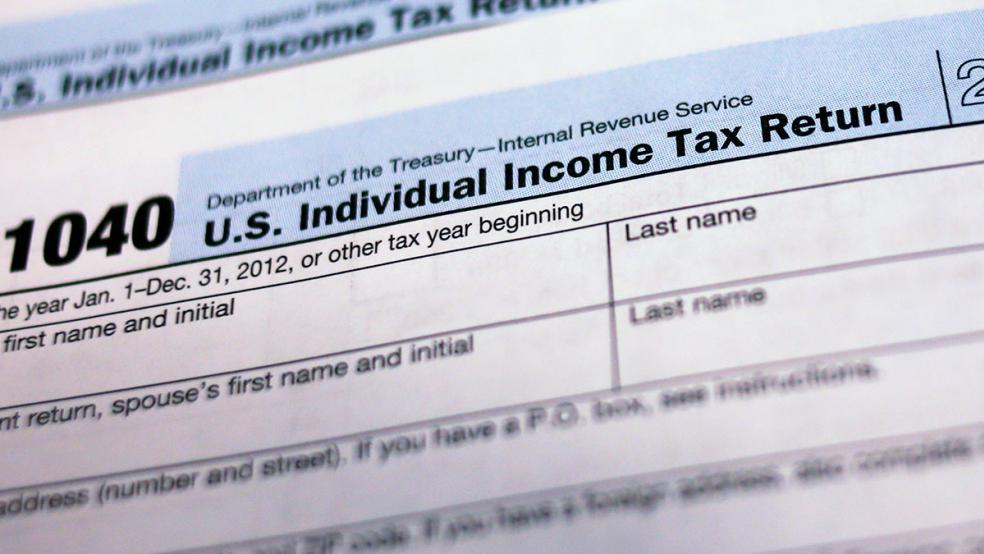With Tax Day finally arriving Monday, delayed from its usual date in April due to pandemic-related changes to the tax code, last-minute filers should prepare for what could be a long wait to get their refunds.
Even before the tax filing deadline, the IRS had a backlog of more than 30 million returns that still needed processing, according to the Taxpayer Advocate Service. The flood of new returns on Monday is expected to make matters worse.
“Taxpayers will continue to experience unusually long delays,” National Taxpayer Advocate Erin M. Collins told CBS MoneyWatch. “I don't think anyone wants to hear that, but that is the case.”
The backlog is a mix of 2019 returns, the processing of which was severely delayed by the closure of many IRS offices last year, and 2020 returns that have been stacking up behind them.
Changes in the tax system related to the pandemic, including new tax credits and the issuance of stimulus checks, are adding to the delays. Adjustments to stimulus payments require manual review by the IRS, a time-consuming process even in the best of circumstances.
The IRS expects to receive about 160 million tax returns this year, with about 40 million of those arriving on or after the May 17 deadline.




